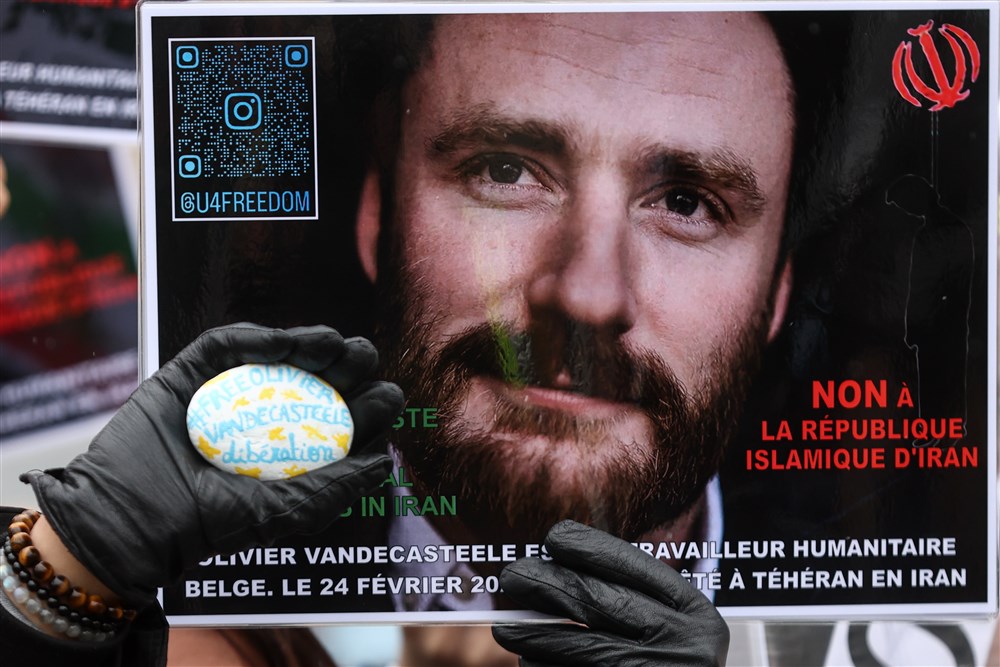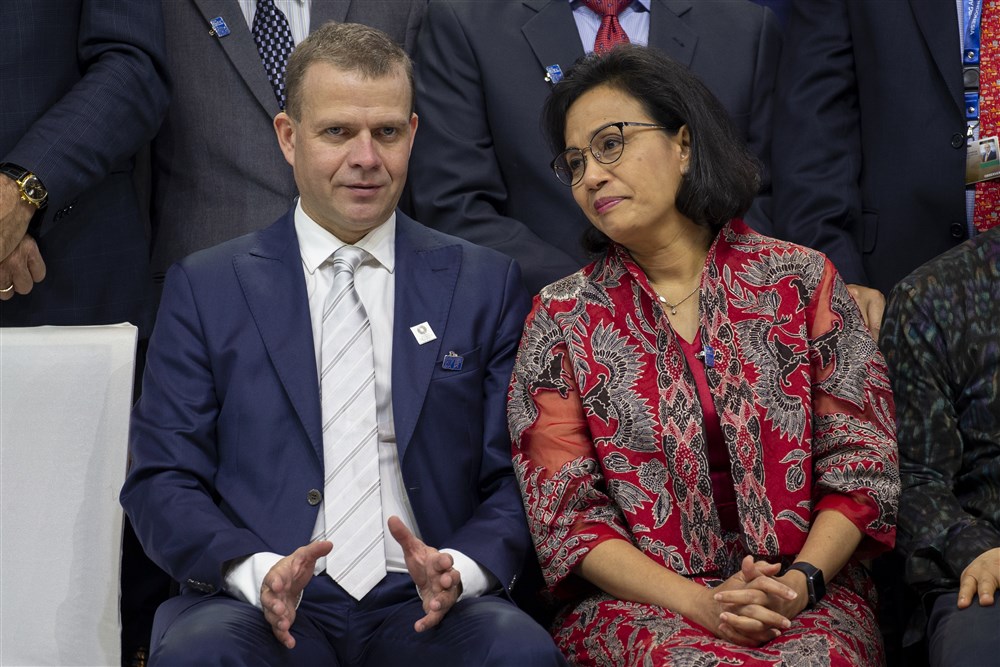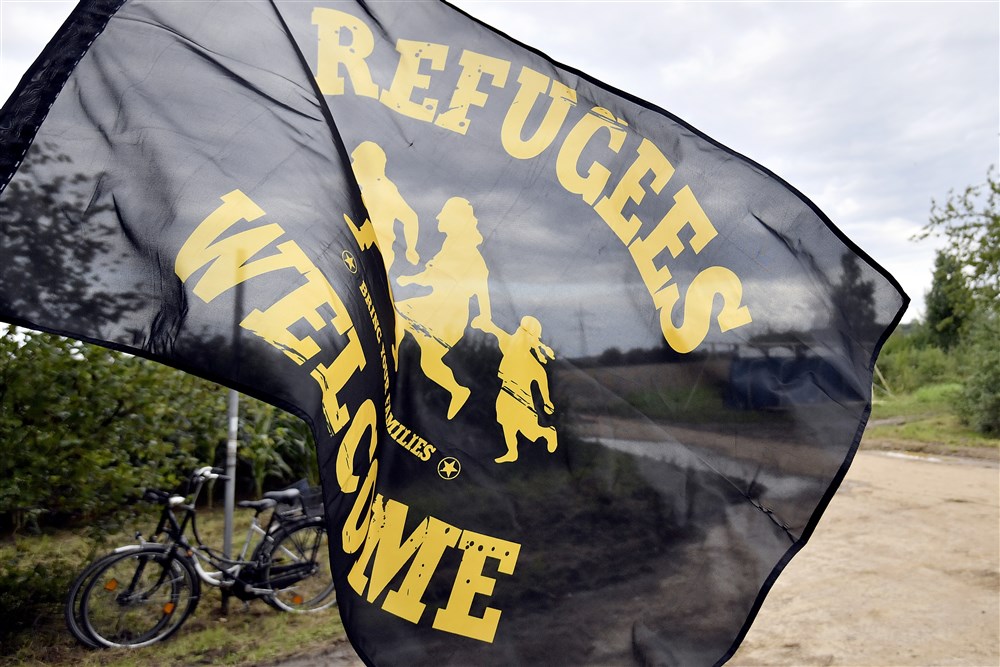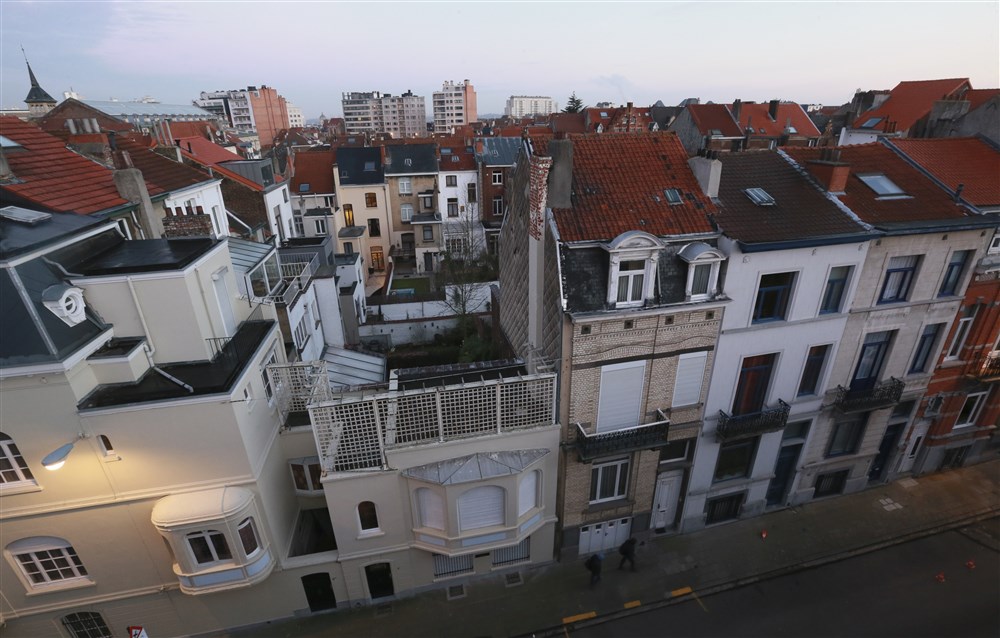Carl Deconinck, April 24
The Chinese government was forced on April 24 to make clear that it recognises the sovereignty and territorial integrity of former Soviet nations after the Chinese ambassador to France caused uproar with remarks suggesting the opposite.
Ambassador Lu Shaye triggered the diplomatic row by questioning the independence of former Soviet Union countries on French television on April 21. His remarks stirred fierce emotions across Europe, most particularly in the Baltic region.
Questioned about the war in Ukraine and Crimea, he said former Soviet countries have no “effective status” in international law. His statements dismayed western nations as they were interpreted as leaving room for Russian and Chinese “imperialism”. The reaction in Europe was so strong that China’s foreign ministry had to step in and ease the tensions.
China’s foreign ministry spokeswoman Mao Ning set out the official stance of the government during a regular news conference in Beijing when asked if China stood by the envoy’s remarks. “The Chinese side respects the status of the member states as sovereign states after the collapse of the Soviet Union,” Mao said, adding that China was one of the first countries to establish diplomatic relations with those countries.
On the issue of territorial sovereignty, China’s position is consistent and clear, Mao said. “China respects the sovereignty, independence and territorial integrity of all countries and upholds the purposes and principles of the United Nations Charter.” She also recognised Ukraine as a full member of the UN.
During the contentious interview on French television, journalists asked whether Lu Shaye considers Crimea Ukrainian or not. The ambassador refused to give a straight answer and said it depends on how you look at it.
Lu Shaye said: “Historically Crimea was a part of Russia, it was Khrushchev that gave it to Ukraine during the Soviet era.” The TV-host said Crimea is Ukrainian according to international law. The Chinese official replied that “even by international law there isn’t an effective status regarding former Soviet Union countries, since there isn’t an international agreement to materialise their sovereignty.”
The statement kicked off a diplomatic storm over the weekend. Baltic countries, which have large Russian minorities, were particularly unhappy.
Margus Tsahkna, Estonia’s foreign minister, said: “The comments by the Chinese representative on independent and sovereign states are false and a misinterpretation of history.” He pointed out that the Baltic States have been sovereign under international law since 1918, but were occupied for decades by the Soviet Union. Similar remarks were made by Lithuania and Latvia.
Kyiv also replied, noting that China should “not parrot the propaganda of Russian outsiders”. EU foreign policy chief Josep Borrell called the remarks “unacceptable” in a tweet. “The EU can only suppose these declarations do not represent China’s official policy.” Borrell said that the 27-nation bloc would, at today’s meeting of the Foreign Affairs Council “assess and recalibrate strategy towards China”, and that Lu’s comments would be part of the discussion.
A French official said a “very firm” discussion would take place with the Chinese ambassador at the French foreign ministry later today. In the past, the same ambassador had made other controversial remarks, earning him the title of one of the “Wolf Warriors” of Chinese diplomacy.
? @DariusRochebin : "Est-ce que la Crimée, à vos yeux, c'est l'Ukraine ?"
? Lu Shaye : "Ça dépend comment on perçoit le problème […] Ce n'est pas si simple."
? #La26 pic.twitter.com/nspLMs9HO8
— LCI (@LCI) April 21, 2023





